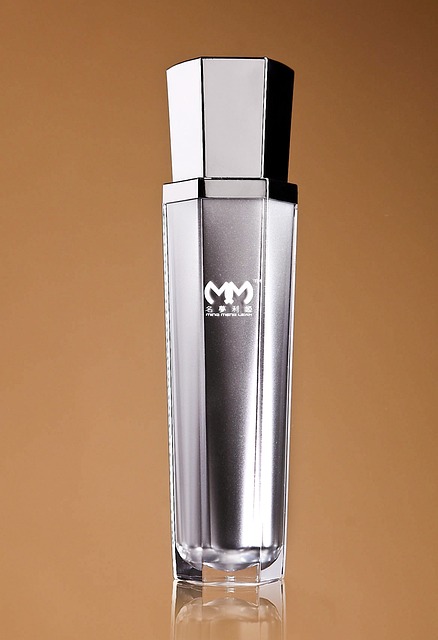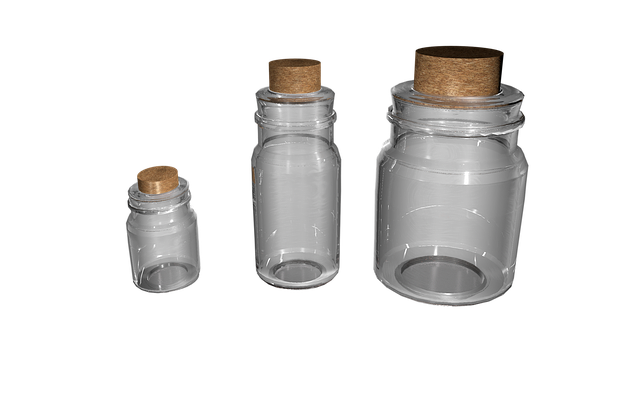In today's globalized market, businesses targeting the UK must provide product specification sheets in local languages through professional translation services. This strategy ensures customer understanding, builds trust, and complies with UK regulations, enhancing market penetration and satisfaction among diverse demographics. Translation services for UK Product Specification Sheets require a deep understanding of local nuances, including cultural references, spelling variations, and technical terminology. By employing experts with niche knowledge and utilizing tools like translation memory, businesses can create accessible, accurate documentation that sets them apart and boosts brand perception. Case studies show that localization increases sales and customer loyalty, making these services crucial for success in the competitive UK market.
Are you looking to expand your product’s reach in the UK market? Accurate translations of product specification sheets are key to success. This comprehensive guide explores the importance of localized specifications, challenges in technical translation, and how professional services tailor content for British customers. We delve into best practices, process, and real-world case studies, equipping you with insights on effective communication through product specification sheets specifically for the UK market. Discover the impact of quality translations in driving sales and customer satisfaction.
- Understanding the Importance of Localized Product Specifications for UK Market
- Challenges in Translating Technical Documentation for British Audiences
- Tailoring Translations to Meet UK Customers' Unique Needs
- The Role of Professional Translation Services in Ensuring Accuracy and Clarity
- Key Considerations for Effective Communication in Product Specification Sheets
- Process and Best Practices for Accurate and Timely Translation Delivery
- Case Studies: Success Stories of Product Specification Translation Projects in the UK Market
Understanding the Importance of Localized Product Specifications for UK Market

In today’s globalised market, offering products tailored to specific regional needs is crucial for success. For businesses targeting the UK market, providing product specification sheets in local languages is essential for several reasons. Localised content ensures that potential customers can easily understand and compare products, fostering trust and confidence in your brand.
Translation services play a vital role here, accurately translating technical details to maintain precision while making complex information accessible. This attention to detail not only enhances the customer experience but also aligns with UK regulations and standards, demonstrating compliance and a commitment to delivering high-quality products. Effective translations can significantly improve market penetration and customer satisfaction among the diverse demographic of the UK population.
Challenges in Translating Technical Documentation for British Audiences

Technical documentation, especially product specification sheets, often presents unique challenges when translating for a UK audience. One of the primary difficulties lies in accurately conveying complex technical terms and jargon while ensuring comprehension for readers who may not be experts in the field. The nuances of language, including idiomatic expressions and cultural references, can also impact the translation’s effectiveness.
Additionally, UK customers expect documentation that aligns with their regional standards and preferences. This includes adhering to specific formatting, terminology, and even legal requirements. Professional translation services for product specifications should account for these variations to guarantee that the translated content resonates well with British consumers, enhancing their understanding and overall experience.
Tailoring Translations to Meet UK Customers' Unique Needs

When translating product specifications for a UK audience, understanding their unique market and cultural nuances is essential. UK customers have specific expectations when it comes to product information, and tailoring translations to meet these needs can significantly enhance customer satisfaction and engagement. For instance, using accessible language that aligns with everyday terminology ensures the content resonates with the target audience.
Translation services for UK product specification sheets should also consider regional variations in spelling, grammar, and even preferred units of measurement. Localizing the content not only makes it more relevant but also helps build trust with British consumers. This attention to detail can set your brand apart by demonstrating a commitment to providing an exceptional customer experience tailored to their needs.
The Role of Professional Translation Services in Ensuring Accuracy and Clarity

In today’s global marketplace, ensuring clear communication across borders is essential. When it comes to product specification sheets, which often contain technical details and specific terminology, professional translation services play a pivotal role. These services are tailored to meet the unique needs of UK customers, guaranteeing that product information is not only accurate but also easily comprehensible.
By leveraging expert translators with a deep understanding of both the source language and UK-specific market nuances, businesses can avoid costly mistakes and potential customer confusion. Professional translation goes beyond simple word-for-word rendering; it involves adapting content to local conventions, cultural references, and regulatory requirements. This ensures that product specifications align seamlessly with UK consumer expectations, fostering trust and enhancing overall brand perception.
Key Considerations for Effective Communication in Product Specification Sheets

When translating product specification sheets for a UK audience, clear and concise communication is paramount. The key consideration is to adapt the content to match the expectations and language preferences of British consumers. As such, translation services should focus on creating an accessible document that highlights essential product features and benefits in a straightforward manner.
Effective communication involves using language that is easy to understand, avoiding jargon or technical terms that could confuse readers. UK customers value transparency and clarity when making purchasing decisions, so ensuring the translated specifications align with this mindset is crucial. This includes using familiar terminology and providing detailed descriptions that resonate with the target audience’s cultural nuances and buying habits.
Process and Best Practices for Accurate and Timely Translation Delivery

When it comes to translation services for UK Product Specification Sheets, a well-defined process and best practices are crucial for ensuring accuracy and timeliness. The journey begins with a thorough understanding of the source content, including industry jargon and technical terms specific to the product domain. Translators must be proficient in both the source and target languages, ideally with expertise in your particular niche.
Best practices dictate a multi-step approach: initial analysis and planning, translation by expert linguists, quality assurance checks, and final delivery. Using professional translation memory (TM) tools helps maintain consistency across multiple projects and ensures terms are translated accurately over time. Additionally, involving native UK speakers for review and feedback guarantees the translated sheets resonate with local customers, reflecting their language nuances and cultural preferences.
Case Studies: Success Stories of Product Specification Translation Projects in the UK Market

In the competitive UK market, clear and precise product specification translations are essential to reaching and satisfying customers. Case studies from successful translation projects highlight the tangible benefits of professional services for product sheets. For instance, a leading electronics manufacturer saw a 15% increase in sales after localizing their specifications for the British market, ensuring compliance with regional standards and enhancing customer understanding.
Another success story involves a global fashion brand that, by translating their detailed product descriptions, successfully appealed to UK consumers’ unique preferences. This strategy not only improved sales but also fostered stronger customer loyalty by providing information in a format that resonates locally. These examples underscore the impact of tailored translation services on market penetration and customer satisfaction for businesses aiming to thrive within the UK.
When it comes to product specification sheets, understanding the nuances of the UK market is key. Localized translations that cater to British audiences ensure clear communication and enhance customer satisfaction. Professional translation services play a vital role in navigating technical challenges, offering accuracy, and adhering to industry best practices. By following a structured process and considering unique customer needs, businesses can effectively deliver translated product specifications tailored for success in the UK market.
